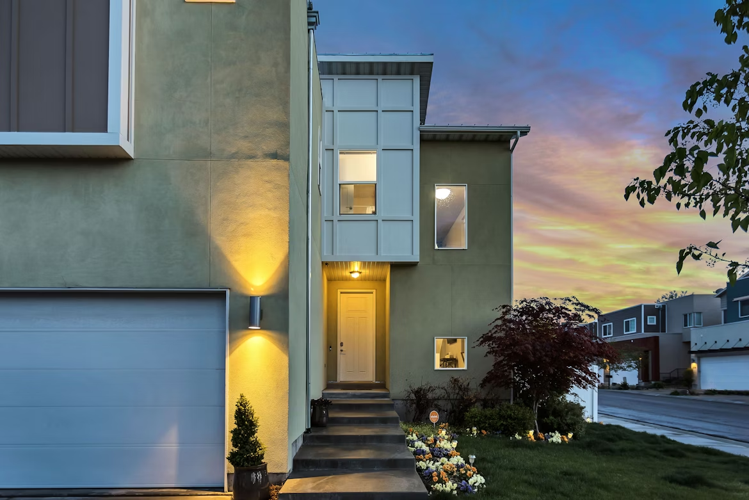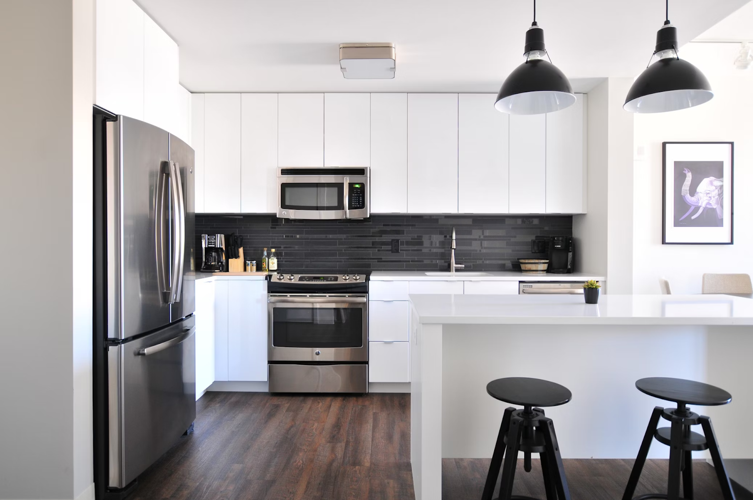Renting a house can be an exciting step, whether you're relocating for work, downsizing, or exploring a new community. A rental home offers flexibility, privacy, and the opportunity to live in a space that suits your lifestyle. But before settling on a place, there are several practical elements that deserve attention. From location and budget to lease terms and maintenance responsibilities, taking time to evaluate each aspect can lead to a more comfortable and hassle-free experience.

Location Matters More Than You Might Expect
When thinking about where to live, convenience often comes first. Proximity to work, schools, medical centers, and shopping districts can shape daily life in meaningful ways. Commuting times and public transport availability should not be underestimated, especially if you rely on them regularly. If outdoor activities, dining, or access to nature matter to you, those are worth factoring in too. Someone exploring options in Queensland might search for Gympie houses to rent and compare how each neighborhood matches their lifestyle needs. Being close to the right amenities can simplify routines and cut back on travel-related stress. It’s not just about physical location but also how a neighborhood feels during different times of the day or week. Visiting in person, even briefly, can help reveal whether it aligns with your pace and preferences.
Understanding the Lease Agreement
Before signing any rental document, reading the lease carefully is crucial. Every lease outlines the obligations of both tenant and landlord, and these can vary significantly. Things like rental duration, renewal terms, deposit conditions, and notice periods should be crystal clear. Some leases may include clauses about subletting, alterations to the property, or the use of specific areas like garages or outdoor spaces.
Unexpected restrictions can lead to frustration later, especially if you're planning a longer stay or want certain freedoms in how you use the space. If any terms seem vague or unfamiliar, it's wise to ask for clarification. The lease isn't just a formality; it's the foundation of your relationship with the landlord and the property.
Assessing the Condition of the Property
No matter how attractive a property might look in photos, an in-person inspection is always a smart move. Cosmetic appeal can sometimes mask underlying issues. Look beyond surface features and check for things like water damage, electrical outlets, locks on doors and windows, and the state of plumbing fixtures. Make notes or take pictures during the inspection in case something needs to be documented later.
Pay attention to how well the property has been maintained. Signs of neglect might indicate deeper problems that could become your responsibility down the line. If anything needs repair or replacement before you move in, it should be discussed with the landlord ahead of time. A well-maintained property not only offers comfort but can also reduce future stress and maintenance costs.
Evaluating the Cost Beyond Rent

The monthly rent might be the figure that catches your eye first, but it rarely tells the full story of what you'll spend to live in a rental property. Many other expenses can quietly add up, turning an affordable-looking home into something that stretches your budget more than expected. Utilities such as electricity, gas, water, and internet are common recurring costs that often aren’t included in the advertised rent. It’s wise to ask the landlord or property manager what’s covered and what falls to the tenant.
In some regions, especially more regional or semi-rural areas like Gympie, tenants might also be responsible for things like septic system maintenance or water delivery, depending on how the property is set up. Waste removal, council rates, or charges for using certain facilities, like a shared driveway or parking space, can also come into play. Then there’s the question of upkeep: are you expected to pay for garden maintenance or pest control? If the property has a pool or large yard, the time and expense of caring for these areas should be factored in.
Checking the Neighborhood and Community Vibe
A house can be perfect on paper, but its surroundings may not be. Spend time walking or driving through the neighborhood at different times, weekday mornings, evenings, and weekends, to get a feel for the environment. Noise levels, traffic flow, and how residents maintain their homes can reveal more than online listings ever could.
Ask yourself how the area supports your interests or daily needs. Is it quiet or lively? Are there parks, walking trails, or dog-friendly zones nearby? Can you safely walk at night? The social atmosphere, whether laid-back or more active, can have a strong effect on how much you enjoy living there. Chatting with potential neighbors or local shop owners can provide extra insights that guide your decision.
Responsibility for Maintenance and Repairs
Before signing a lease, it's necessary to understand where responsibilities fall when it comes to property upkeep. Major repairs like electrical faults, plumbing failures, or structural damage usually fall under the landlord’s obligations. Still, not all maintenance is handled the same way. Tenants are often expected to manage minor tasks such as replacing light bulbs, unclogging drains, mowing the lawn, or maintaining gardens. Some properties might come with regular lawn care or pest control included, but others leave those tasks entirely up to the tenant.
It’s helpful to ask detailed questions about what’s covered and what isn’t. For instance, if the air conditioner breaks during a heatwave, will repairs be handled quickly? Is there an emergency contact in case something urgent comes up on a weekend or holiday? If appliances are included with the rental, confirm who is responsible for servicing or replacing them if they fail. Find out how to report maintenance issues, how long it typically takes to get a response, and whether repairs are handled by the landlord directly or through a property management company.
Finding a rental house that meets your needs is about more than ticking boxes. Each detail, from the neighborhood to the lease terms, contributes to your overall experience. Being deliberate in your search and asking the right questions early on can save time, money, and energy. Whether you're browsing options locally or planning a move, the right approach helps you avoid regret and feel more confident in your decision. A well-chosen rental becomes more than just a place to live; it becomes your home.



(0) comments
We welcome your comments
Log In
Post a comment as Guest
Keep it Clean. Please avoid obscene, vulgar, lewd, racist or sexually-oriented language.
PLEASE TURN OFF YOUR CAPS LOCK.
Don't Threaten. Threats of harming another person will not be tolerated.
Be Truthful. Don't knowingly lie about anyone or anything.
Be Nice. No racism, sexism or any sort of -ism that is degrading to another person.
Be Proactive. Use the 'Report' link on each comment to let us know of abusive posts.
Share with Us. We'd love to hear eyewitness accounts, the history behind an article.